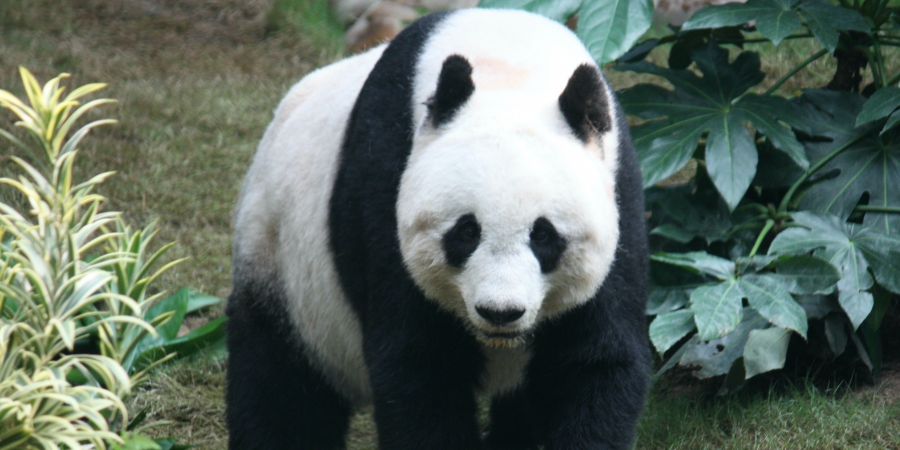

Prehistoric Humans and Animals
The oldest humans began interacting with other animals and began walking in the African savanna over 2 million years ago. Since then, it has been a long and complex relationship.
Most people consider cavemen to be hunters, wielding great clubs as they roam the ancient meadows, while cavemen are busy collecting berries and other fruits, providing about 70% of the calories in their diet. To do. In fact, archaeological evidence suggests that the earliest cavemen probably plundered more than they hunted.
Near the shores of Lake Victoria in Kenya, archaeologists have found a wildebeest-sized stone tool and a large cracked skull of an antelope. The skull was almost certainly plundered by ancient humans 2 million years ago. Animal scavengers, such as hyenas, consume almost the entire corpse, but leave the head behind because the skull cannot be broken open to extract the brain. However, nomads have mastered this trick. They opened the heads of abandoned animals and devoured their greasy, nutritious, high-energy brains. In addition, the bone marrow of animals, which are high in fat and energy, may have been an important food source for scavengers. Researchers believe that these dietary supplements have helped modern humans evolve. We wouldn't be like us without animals.
ah3caveptspain
A cave painting depicting a bison around 18,000 BC. (Altamira Cave, Spain)
Domestication
Humans have domesticated animals for a variety of purposes, including food (meat and milk), work, transportation, pest control, and companionship. Early domestication can be traced back to the historic era when humans began to shift from their dependence on wild-collected food (hunter-gatherer society) to the agricultural economy. Having food at hand when hunting was unproductive was clearly a big advantage.
Among the first animals domesticated as a food source was sheep, which was domesticated between 12,000 and 9,000 BC. In Southwest Asia. (Domestication is not a one-off event, but it generally occurs at different times and places.) Domestication of goats was a little late and probably began around 8,000 BC. The date of domestication was primarily determined by the study of gene mutations that caused lactose intolerance in humans in certain areas. This mutation brought great benefits to populations that could use sheep and goats as a source of milk.
Pigs and cows were also killed between 12,000 and 8,000 BC. Tamed. The first domestication of pigs seems to have occurred in Mesopotamia, but the domestication of cattle occurred thousands of years later in what is now the region between Turkey and Pakistan. In general, domestication of pigs and cattle occurred in communities that were more sedentary than in areas where domestication of sheep and goats first occurred. Domestication of pigs and cattle has made it possible to feed a larger population and contributed to an increase in population density.
Wild horse populations are scattered in many areas, and domestication of the species did not result in the significant morphological changes observed in other animals, so it is not possible to identify the origin of horse domestication. It Is difficult. "(For example, compare the domestication of dogs and wolves. As the wolf's head grows, scientists can easily distinguish between wolf and dog skeletal elements.
